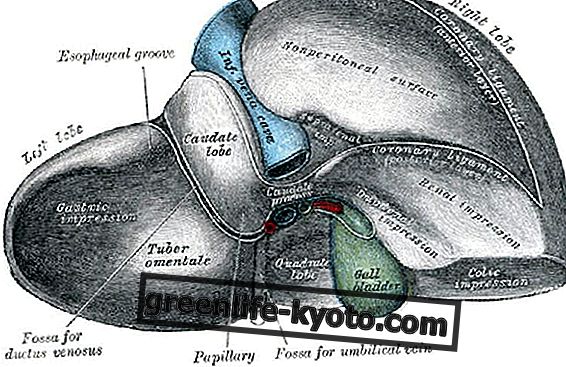
The millennial relationship that man has established with the horse to facilitate the work of the fields, the hunt, the movements and the war activities, with time has assumed diversified aims : playful, sporting and therapeutic.
The horse, first perceived as a means of existence and a symbol of wealth, becomes a companion, friend and therapeutic facilitator .
The beneficial properties of the relationship with this animal have been formally applied in the medical field since the last century, but history and literature are full of references to the benefits of riding.
According to the texts on hippotherapy, the first source is Hippocrates, who, as early as the 5th-4th century BC, urged to make rides to solve the insomnia and other problems of the body and mind.
The benefits of the relationship with the horse have been progressively studied by modern medicine up to the creation of a specialized discipline and the training of professionals in the field.
What is hippotherapy?
The term "hippotherapy" is commonly used to refer to a type of pet therapy that involves all forms of man-horse relationship for therapeutic purposes . But a distinction must be made to understand the complexity of this cotherapy.
Hippotherapy, in fact, is only one of the disciplines - or phases - that make up the complementary therapeutic activities of equestrian rehabilitation, indicated for people with pathologies and disabilities of different types (such as infantile cerebral palsy, autism, Down syndrome, anorexia) .
- The hippotherapy proper is addressed both to people with mild disabilities and pathologies derived from accidents that subsequently can pass to the other phases of rehabilitation, both to people with more serious pathologies. The therapy takes place both on the ground and on horseback: at first there are activities for approaching and caring for the animal, and then moving on to riding exercises .
- Equestrian rehabilitation is aimed at people with mild to medium-grade neuromotor disabilities and people with cognitive behavioral disorders . This phase of therapy, more advanced than hippotherapy, consists of an active role of the patient in leading the horse.
- Sport riding for the disabled : in this phase riding exercises are carried out which provide for a good degree of autonomy for the disabled and can consist of demonstrative and competitive activities.
A horse for a friend: what do you learn from horses?
The benefits of hippotherapy
Hippotherapy and all the equestrian rehabilitation activities are not designed to heal, but rather to improve the quality of life of patients through a wide range of benefits that the man-horse relationship is able to offer .
The benefits of hippotherapy depend largely on the physical and behavioral characteristics of the horse, but also on the demedicalized context in which the activities are carried out.
These - although they are followed by a specialized team made up of neurologists, psychologists and therapists - take place in a non-hospitalized and pleasantly stimulating environment, thus facilitating the predisposition of the patient and the very effectiveness of the activities.
Let's see what are the benefits that hippotherapy offers compared to various spheres that make up the person.
- Cognitive-sensorial benefits: rehabilitation exercises on horseback and the context of handling work on cognitive stimulation, favoring the improvement of the patient's ability to concentrate, logic and memory . Even the senses are intensely stimulated by every activity carried out in contact with the horse, so they are particularly suitable for people suffering from sensory deficits.
- Motor benefits: from the neuromotor point of view, the exercises in the saddle and the movement of the horse are valid stimulants. Work on balance, muscle tone, coordination and motor awareness of the patient .
- Psychological-behavioral benefits : the main psychological benefit is the increase in self-esteem generated by the small responsibilities assigned to the patient. Horse care activities and the rules of handling also help the patient to assimilate positive behavioral patterns that can help reduce aggression and increase his relational abilities .
- Socio-affective benefits : the relationship established with the horse is able to generate a reassuring and beneficial emotional bond over time. The horse, in fact, becomes a channel of mediation, thus favoring the opening of the patient towards the outside world and stimulating socialization skills.













